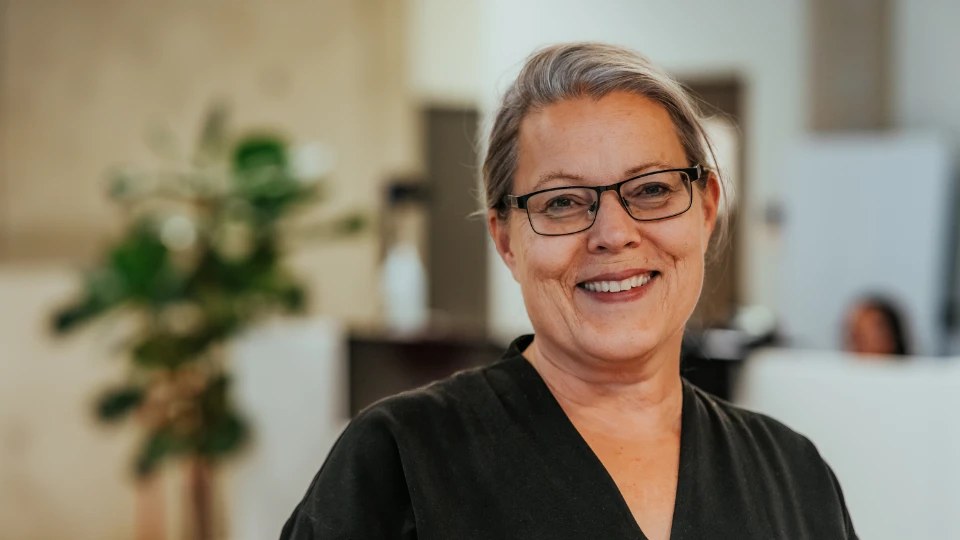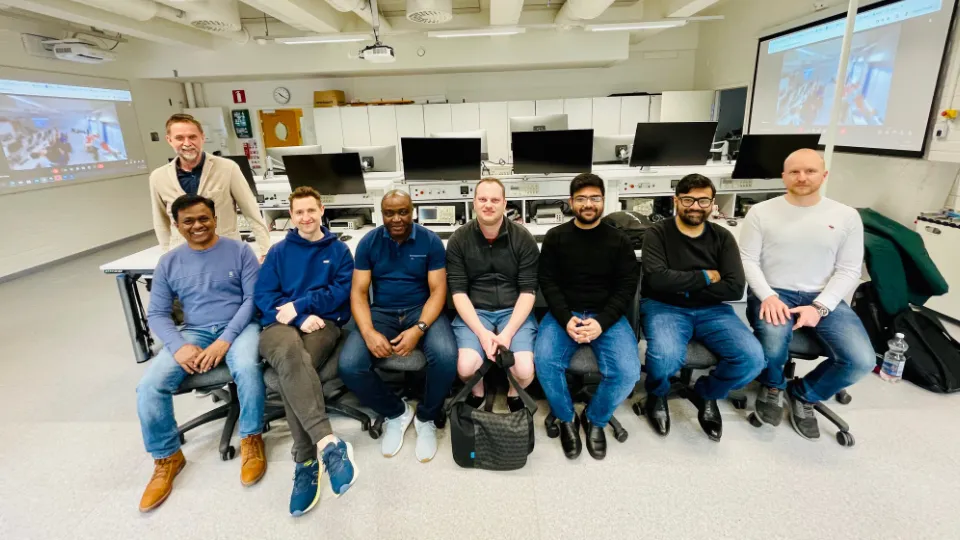Lifelong learning should be recognised as a foundation for our Nordic societies & democracy
The Nordic countries are some of the richest in the world with a strong tradition for free education and a high level of publicly supported welfare, but this has not always been the case. Around 150 years ago they were among the poorest areas of Europe.
One of the factors which may be seen as a key element of this change of fate was the early introduction of free lifelong learning possibilities through the development of the Nordic Folk High School systems. A free and collaborative education system aimed at inspiring and educating the poor and those not fortunate enough to have received an education. Education was recognised as the foundation enabling the workers and common people to engage and achieve their role in developing the young democratic societies.
Today, the folk high schools are an ingrained and celebrated part of the education systems in the Nordics – but still, the value and importance of lifelong learning appear to be underestimated. And notwithstanding the often-repeated fact that the Nordic welfare states are facing a skills shortage there remains a limited focus on lifelong learning as a way of addressing this.
All stakeholders and social partners have a responsibility for lifelong learning
In the Association of Nordic Engineers, ANE, we represent Nordic engineering organisations with a combined membership of over 500.000 engineers and technical specialists across the five largest Nordic countries, and we firmly believe that the opportunity to learn new skills and develop yourself should be a right for everyone throughout their career and work life.
We believe that it is the shared responsibility of all stakeholders and social partners at transnational, national, regional, and local levels to address the skills gaps which arise from this. We must actively create and engage in strategic partnerships or networks that can support the development of lifelong learning offers in a public or private context. It is essential that the lifelong learning offers are flexible and adapted to the changing needs of the labour market.
In 2020 we published a policy paper, Boosting the digital transition through lifelong learning, which was co-created with Nordtek and the national representations from Denmark and Sweden in the EU Jobs and Skills Coalition. In the paper, we highlight 10 initiatives that support lifelong learning based on strategic partnerships. Namely different types of cooperation, engagement and communication with target groups, provision modes, as well as pedagogical and financial models. We believe that these initiatives could serve as an inspiration for a better and collaborative approach to lifelong learning, and we would like to introduce some of the key themes here.
We must build on the existing knowledge and create flexible models of learning and responsibility
One of the initiatives described in our policy paper is the Danish project Digital Dogme . The initiative builds on the participation of companies that want to co-create concrete solutions and initiatives that can contribute to the lifting of the employees’ digital competence level and directly address the challenge of 120.000 employees with insufficient digital skills.
Similar to the tradition of collaborative learning in the Folk High Schools, Digital Dogme has a very good understanding of how the need for skills differ between different types of employees and how they can benefit and learn from one another by studying with different people from different companies. By working together and learning together employees can learn to reflexively relate to new technologies and see digitalization as an opportunity for more exciting work and to create more value for customers, citizens and users.
Access to academic courses for practitioners could be a win for all
If academic institutions were better structured to offer short courses or micro-credentials, this could potentially enable faster transmission of research-based knowledge throughout society. Equally, this could also bring the valuable knowledge of practitioners into the academic environment.
An example of this exists in Finland where the FITech initiative offers university courses – free of charge – for both degree students and lifelong learners and it is possible to choose courses from all technical universities in Finland. By doing this, FITech enables professionals in working life to update their ICT competences and the participating universities offer about 150 ICT courses which everyone can attend. An additional aim for the initiative is to knock down organisational barriers between higher education institutions and create new opportunities for adults with a degree to engage in studies.
Make sure that necessary funding exists for continuing development and lifelong learning
It is necessary to evaluate and develop the current funding models for continuing education. Models that encourage and motivate both individuals and higher education institutions to engage should be introduced. The current traditional government funding structures for universities do not make it attractive for university staff to engage in the development of continuing education.
In Sweden, the Knowledge Foundation supports the development of continuing education courses in higher education institutions as part of their research programme funding. The funding opportunities increasingly focus on competence development and knowledge transfer between universities and their partner companies. The Graduate Professional Development Programme is such an initiative.
Another good example of a different approach to funding is the Icelandic Education Funds, most often managed by trade unions, which focus on ensuring that individuals can access lifelong learning. The continuing professional education funds operate according to regulations that are part of the work agreements and with contributions from the public and private employers. A fund has a board, which consists of members from both the union and the employer’s organisation – and individuals (or their employers) apply to the education fund for their continuing education, typically courses, conferences and workshops, to buy a laptop, software etc.
We have a strong tradition of lifting challenges together in the Nordics
In ANE, we know that we create our best solution when we work together across borders and learn from each other. The Nordics have a unique shared history of war and peace – but also of taking inspiration from each other and developing democratic and successful welfare societies.
We no longer fight between us and have almost erased our borders, so let us now learn from our shared past and modern good examples. Let’s create a new Nordic Folk High School of Lifelong Learning – together.
By Inese Podgaiska, Secretary General, and Kristoffer Boesen, Communications & Networking Manager, Association of Nordic Engineers (ANE).



